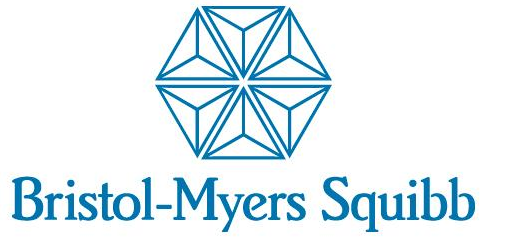Bristol-Myers Squibb

Bristol-Myers Squibb is one of the world’s largest pharmaceutical companies, recording sales of nearly $16 billion in 2014. However, the company has faced litigation over a number of products, including Byetta and Abilify.
Bristol-Myers Squibb History
Today’s Bristol-Myers Squibb actually originated with two companies founded in the 1800s. In 1858, a U.S. Navy doctor named Edward Robinson Squibb started a pharmaceutical laboratory in Brooklyn, New York dubbed E.R. Squibb, M.D. Squibb became a major source of medicine for the Union Army during the Civil War, and was known for the invention of the “Squibb pannier,” a compact medical kit that doctors could use on the battlefield.
The second half of the company was founded by William McLaren Bristol and John Ripley Myer when they invested $5,000 in a struggling entity called the Clinton Pharmaceutical Company. Within a decade, the company was marketing “Sal Hepatica,” a national best-selling mineral laxative. In 1888, Clinton Pharmaceuticals was redubbed Bristol, Myers. Eventually, a hyphen would come to replace the comma: Bristol-Myers.
During World War II, Squibb and Bristol-Myers became leading suppliers of penicillin. By 1943, Squibb operated the largest penicillin production plant in the world in New Brunswick, New Jersey. Following the war, both companies expanded their research and production of antibiotics.
The two companies merged in 1989, creating what was then the world’s second largest pharmaceutical company, Bristol-Myers Squibb. In 2001, the company spun off Zimmer Holding, Inc., a manufacturer of medical devices. In 2012, Bristol-Myers Squibb and AstraZeneca acquired Amylin Pharmaceuticals, the manufacturer of the Type 2 diabetes drug, Byetta.
Product Controversies
Over the years, a number of products marketed by Bristol-Myers Squibb have been the subject of controversy and litigation:
- Hundreds of Byetta lawsuits have been filed on behalf of patients who allegedly developed pancreatitis or pancreatic cancer due to their use of the Type 2 diabetes medication.
- In 2015, the U.S. Food & Drug Administration (FDA) issued an alert regarding the potential for SGLT2 inhibitors like Farxiga to cause diabetic ketoacidosis. Other complications that may be associated with this class of Type 2 diabetes drugs include serious urinary tract infections and kidney failure
- In 2016, the FDA warned that the Type 2 diabetes medications Onglyza and Kombiglyze XR might be associated with an increased risk of heart failure.
- In 2016, the FDA warned that the antipsychotic Abilify had been linked to compulsive gambling and other impulsive behaviors. A number of Abilify lawsuits have been filed on behalf of individuals who sustained financial losses due to a gambling addition allegedly related to its use.
- Bristol-Myers Squibb (N.D.) “History” http://www.bms.com/ourcompany/Pages/history.aspx
- FDA (2013) “FDA Drug Safety Communication: FDA investigating reports of possible increased risk of pancreatitis and pre-cancerous findings of the pancreas from incretin mimetic drugs for type 2 diabetes”http://www.fda.gov/Drugs/DrugSafety/ucm343187.htm
- FDA (2015) “FDA Drug Safety Communication: FDA warns that SGLT2 inhibitors for diabetes may result in a serious condition of too much acid in the blood.” http://www.fda.gov/Drugs/DrugSafety/ucm446845.htm
- Reuters (2015) “FDA panel backs safety updates for AstraZeneca, Takeda drugs” http://www.reuters.com/article/2015/04/14/us-astrazeneca-onglyza-fda-idUSKBN0N51U920150414
- FDA (2016) “FDA Drug Safety Communication: FDA warns about new impulse-control problems associated with mental health drug aripiprazole (Abilify, Abilify Maintena, Aristada)” http://www.fda.gov/Drugs/DrugSafety/ucm498662.htm
Get the latest news and litigation updates about this case by following us on Facebook. Click the "Like" button below.
Follow Us


